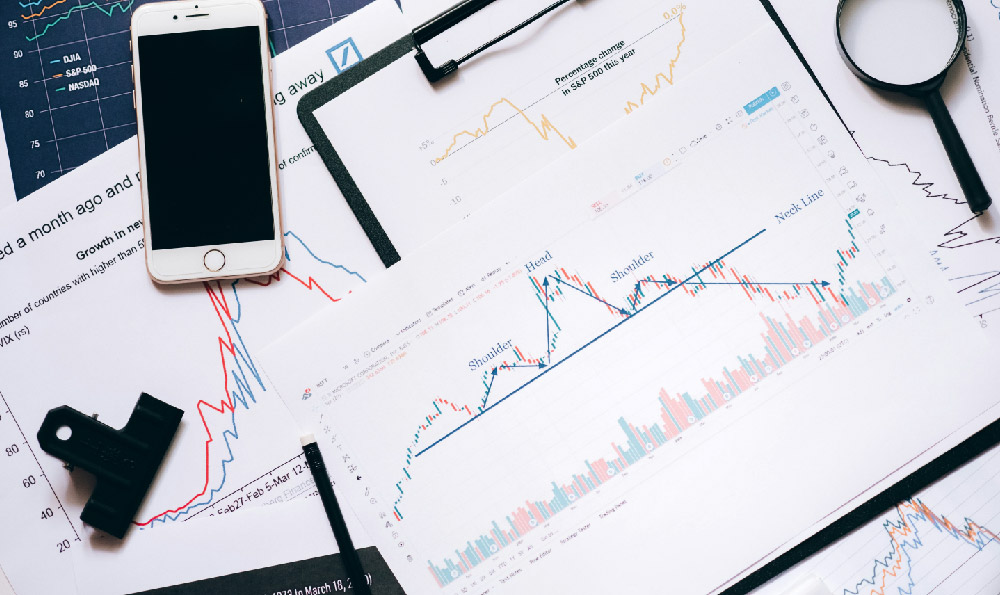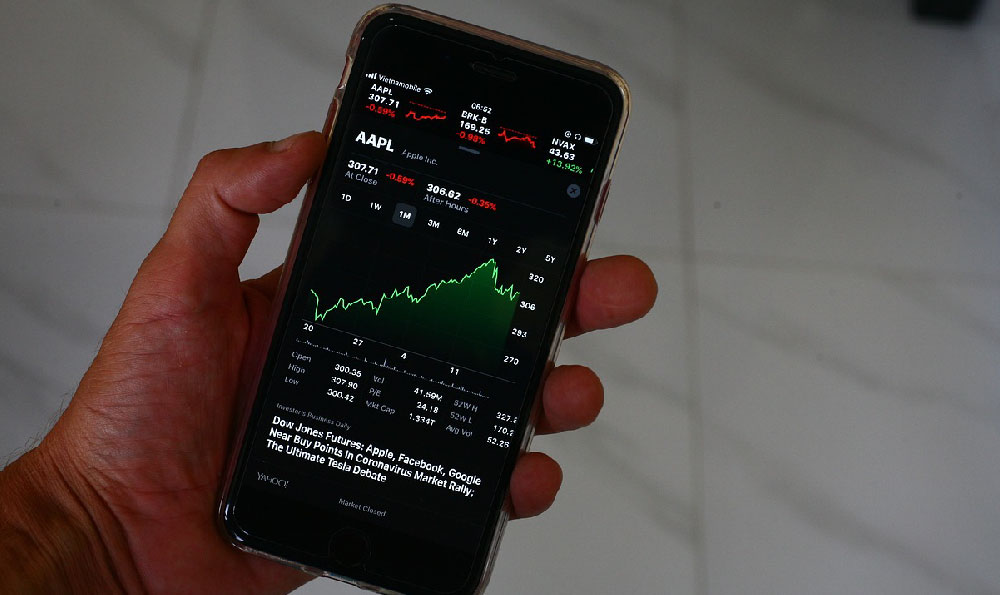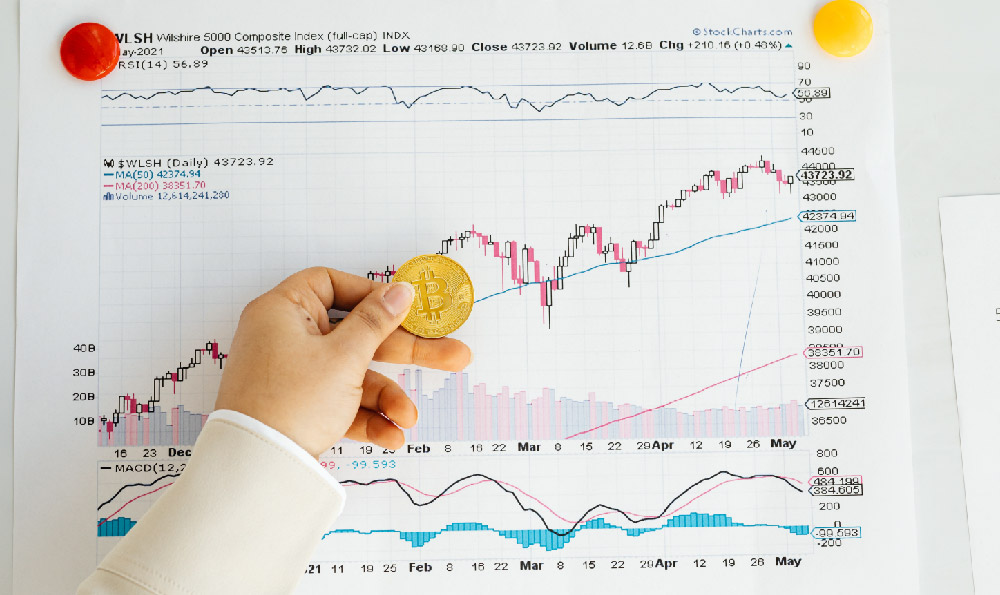Okay, I understand. Here's an article addressing the financial aspects of donating blood, aiming for a comprehensive and insightful discussion while avoiding excessive bullet points or formulaic phrasing, and keeping it above 800 words:
The altruistic act of donating blood is often framed as a selfless contribution to society, a way to give back and potentially save lives. While the primary motivation should undoubtedly be humanitarian, it's natural to wonder about the financial incentives, if any, associated with this practice. Is donating blood a viable source of income? And more importantly, is it a worthwhile endeavor beyond just monetary gain?
The answer, unsurprisingly, is nuanced and varies considerably depending on location, the type of blood donation, and the specific policies of the donation center or organization involved. In many countries, and indeed in many regions within a single country, compensating blood donors is strictly prohibited. The rationale behind this prohibition often stems from concerns about compromising the integrity of the blood supply. Paying for blood could incentivize individuals, particularly those in vulnerable socioeconomic situations, to withhold crucial information about their health history or potential risk factors for blood-borne diseases in order to receive compensation. This, in turn, could lead to a higher risk of contaminated blood entering the healthcare system, endangering recipients. Therefore, the focus remains firmly on voluntary, unpaid donations driven by altruism.

However, this isn't a universal rule. In some regions, particularly in the United States, paying for plasma donation is a common practice. Plasma, the liquid component of blood, contains vital proteins used in the production of life-saving medications for individuals with immune deficiencies, bleeding disorders, and other serious conditions. The demand for plasma is significant, and paying donors is often seen as a necessary measure to ensure a sufficient supply.
So, if you're in a region where plasma donation is compensated, how much can you actually earn? The payment typically ranges from $20 to $50 per donation, although this can fluctuate based on factors such as the donor's weight, the frequency of donations, and any promotional incentives offered by the donation center. First-time donors are often enticed with higher initial payments as an incentive to start the process. Some centers also offer loyalty programs that reward frequent donors with increased compensation over time.
It's crucial to understand that plasma donation is not a quick and easy path to riches. The process itself can be time-consuming, typically requiring one to two hours per session. This includes registration, a medical screening to ensure donor eligibility, the actual donation process (which involves drawing blood and separating the plasma via a machine), and a recovery period. While donation centers strive to make the experience as comfortable as possible, there are potential side effects, although generally mild. These can include dehydration, fatigue, dizziness, bruising at the injection site, and, in rare cases, more serious complications. Donors are typically advised to hydrate well and avoid strenuous activity after donating.
Furthermore, the frequency of plasma donation is regulated to protect donor health. In the US, the FDA typically allows donors to donate plasma up to twice per week, with at least one day between donations. This limitation prevents over-depletion of plasma and allows the body adequate time to recover. Even if you were to donate the maximum allowable times each week and receive a relatively high payment per donation, the income generated would likely be supplementary at best, rather than a sustainable source of primary income.
Beyond the purely financial aspect, there are other considerations to weigh when deciding whether or not to donate blood or plasma for compensation. Ethical implications are central. Some argue that paying for blood exploits vulnerable populations and commodifies a vital resource. Others counter that providing compensation acknowledges the time and effort involved in donation and incentivizes more people to contribute, ultimately benefiting those in need of blood products. The debate surrounding this issue is ongoing and reflects deeply held values about altruism, healthcare access, and economic equity.
From a practical perspective, donating blood or plasma, even with compensation, requires a commitment to maintaining good health. Donors are subject to rigorous screening processes to ensure they meet specific health criteria, including blood pressure, iron levels, and the absence of infectious diseases. Individuals with certain medical conditions or risk factors may be ineligible to donate. Regular donation can also provide a valuable opportunity for routine health monitoring, as donation centers often perform basic health checks as part of the screening process. This can help identify potential health issues early on, allowing for timely intervention.
Ultimately, the decision of whether or not to donate blood or plasma for compensation is a personal one. It's essential to weigh the potential financial benefits against the time commitment, potential side effects, ethical considerations, and personal values. While the money earned from donation may be helpful in supplementing income, it's unlikely to be a significant source of wealth. The true value of donating blood, regardless of compensation, lies in the potential to save lives and contribute to the well-being of others. If you're considering donating, research local donation centers, understand their policies on compensation, and carefully evaluate the health requirements and potential risks involved. Choose a reputable organization that prioritizes donor safety and ethical practices. Remember that even a single donation can make a profound difference in the lives of patients in need.











